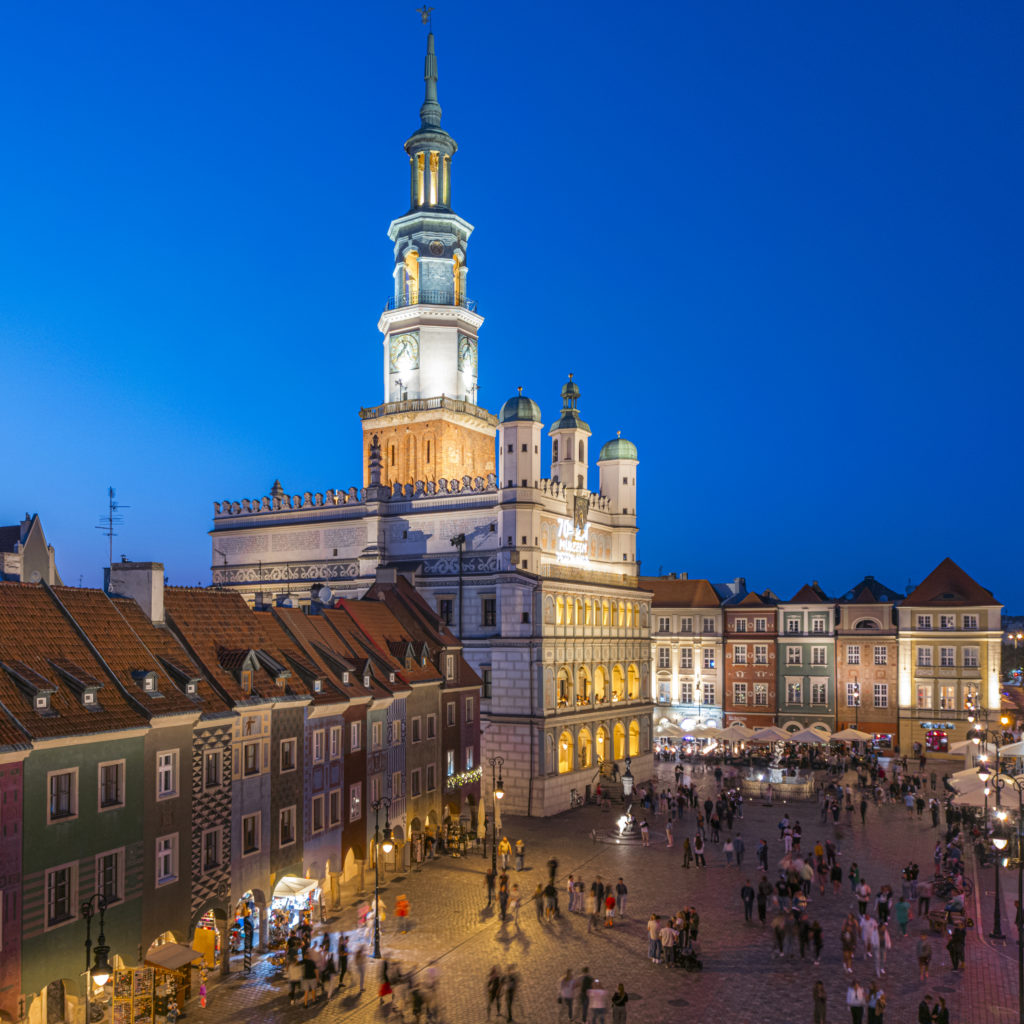Anthropology: Possibilities in a Polarised World
Poznań EASA2026
Anthropology: Possibilities in a Polarised World
We live in a polarised world. Political leaders and corporate actors across the globe are polarising communities and markets, eager to disintegrate them. This further accelerates authoritarian practices, imposed alignments, and polar oppositions that have gained momentum in many parts of various societies. As anthropologists, we have long emphasised entangled perspectives and revealed a world of interconnectedness, and through our research, we have sought to teach and enact relations of equality, participation, and collaboration. Today, we wonder if we are merely dreamers who are now caught like fish in a net, entangled in a historical moment that profoundly challenges us. What is the role of our discipline and our research today? How can we contribute to imagining a reality that is less polarised and conflicted than the one we currently find ourselves in, not only as academics but also as citizens of this troubled planet? What possibilities do we have, and more importantly, what possibilities can we open up through our engagement?
Our proposal for EASA2026 is to examine more closely what it might mean to think with and beyond polarisation. This becomes possible, if we see polarisations more as processes involving the constant reproduction of oppositions to create tension and division, than as a reality of opposed binary positions. And if we acknowledge that we live in an effectively multipolar world, and take into account that polarisation processes are ubiquitous, diverse and dynamic on our planet – and can never be sufficiently captured in binary thinking. We want to reflect on its diverse meanings and processes, as well as the different ways and spaces in which it is created, reproduced, and challenged. We will explore what it means for our discipline to study polarisation with curiosity and care, without diminishing the real differences and varying interests that exist among people. We also hope to address the recurring theme of the anthropologist’s engagement and discuss what it means to translate, enable encounters, and witness conflict in a polarised reality. Seeking horizons in a world that is collapsing perhaps beyond repair, we dare to ask what could be the transformative and generative potentialities of polarisation?
We suggest that we continue, firstly, our efforts to better understand, describe, and unpack these polarising forces, the fields of power they draw upon, the surplus charges they attract, and the alignments they impose – without prior moral judgment but with a radical curiosity to learn more about what they are, why they exist, and where they are at play – in different spheres of human and more-than-human worlds. Secondly, we should explore the possibilities for engaging with a world caught up in polarising forces: What kinds of social anthropology made by our academic community together with research partners could mobilise a wider public and bring people closer together? Many engaging approaches are possible: from generating novel and serendipitous alternatives to polarisation in various contexts to producing new insights into the social mechanisms of polarisation and applying them for new purposes.
This is an open invitation for all potential conference participants to join us in exploring our proposition and to contribute your expertise and intellectual creativity to it.
